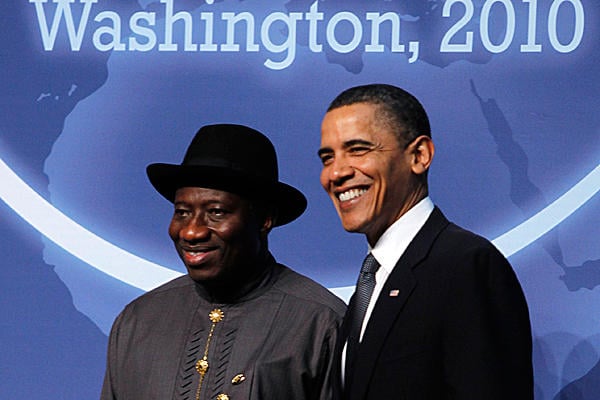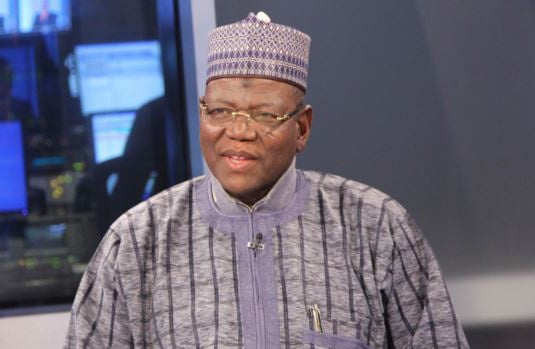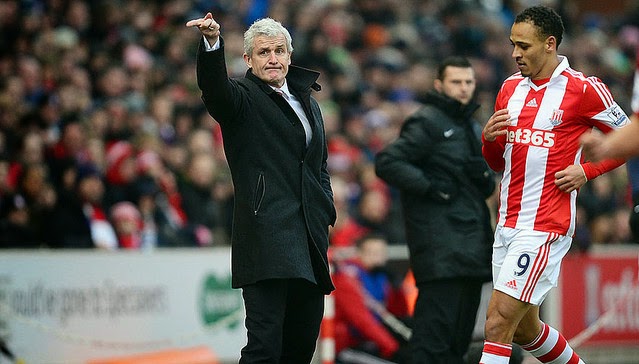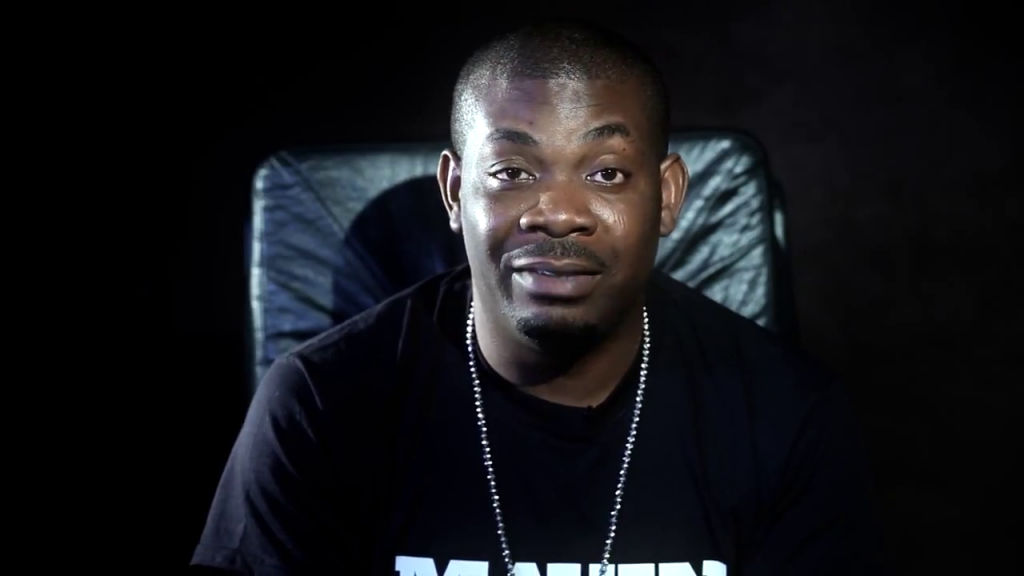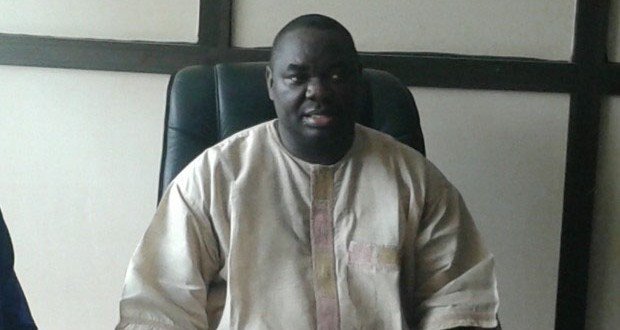Australian negotiator, Dr. Stephen Davis, has raised questions over the value of America’s involvement in Nigeria’s war against Boko Haram.
He has also given a chilling insight into how the insurgents ambush Nigerian soldiers as a result of the hostile terrain in the north-east.
Davis, who was in the country for four months trying to negotiate the release of the kidnapped Chibok schoolgirls, told TheCable by phone from Australia that it would appear America was not sharing intelligence with Nigeria.
He said: “The militants usually move in a convoy of 20 to 60 vehicles. Although they often move at night, they are now emboldened and are launching large-scale attacks in the daylight.
Advertisement
“Americans claim they are doing aerial reconnaissance. Why are they not passing the information to the Nigerian military? With this information the Nigerian military could intercept the Boko Haram convoy before it reaches its target.”
In the wake of the kidnap of hundreds of schoolgirls by Boko Haram in April, the US had offered to help Nigeria in the war against terror.
It offered military assistance in form of training, aerial reconnaissance and equipment, although without any ground troops.
Advertisement
The UK, Israel and China also offered support, but Boko Haram has become more since then, destroying villages and wreaking havoc on citizens.
Meanwhile, Davis also warned that military action alone is unlikely to end the insurgency.
“What has happened in the last six months is very worrying,” he said, recounting days and weeks that he said he spent in discussions with the militants and his interactions with their commanders in his failed effort to get the girls released.
“Most roads in the rural north of Borno are very narrow and built up about two meters above the surrounding countryside. This is because the surrounding countryside quickly becomes boggy with the rains. These roads such as the road from Dikwa to Marte can only take one vehicle on the narrow bitumen strip. A vehicle must draw to a halt and risk going off the side when encountering a vehicle travelling in the opposite direction.
Advertisement
“The road surface has deteriorated through lack of maintenance and are now heavily pot-holed such that vehicles have to crawl along the road in many places. The militants normally strike at night, so they lay in wait where the military has to slow down to a crawl due to the poor road condition. Sometimes they dig the potholes deeper to entrap a convoy.
“On getting wind of the ongoing attacks, the Nigerian military would dispatch soldiers in a convoy of vehicles. Unfortunately, and unknown to the soldiers, the insurgents may have enlarged a big hole on the road. So in a convoy of say 20 vehicles, the first vehicle draws to a halt as it encounters the ditch.
“By the time the soldiers realise what is happening and try to make a U-turn, they are ambushed by the insurgents as the convoy struggles to turn around on the narrow pot-holed road.”
Nigeria has lost many towns and villages to the insurgents in recent times, while soldiers are increasingly reported to be deserting.
Advertisement
“The soldiers I have met and camped with are loyal and committed to protecting Nigeria. Some have been on detachment for a very long time. I cannot comment further on military for operational reasons which I am sure you will understand,” he said.
Davis, who advised two former Nigerian presidents on Niger Delta militancy, told TheCable in the first part of this interview that the funding of Boko Haram was being partly done through the Central Bank of Nigeria (CBN) in what appears to be legal transactions.
Advertisement
Below is the concluding part of the interview.
Advertisement
Add a comment
